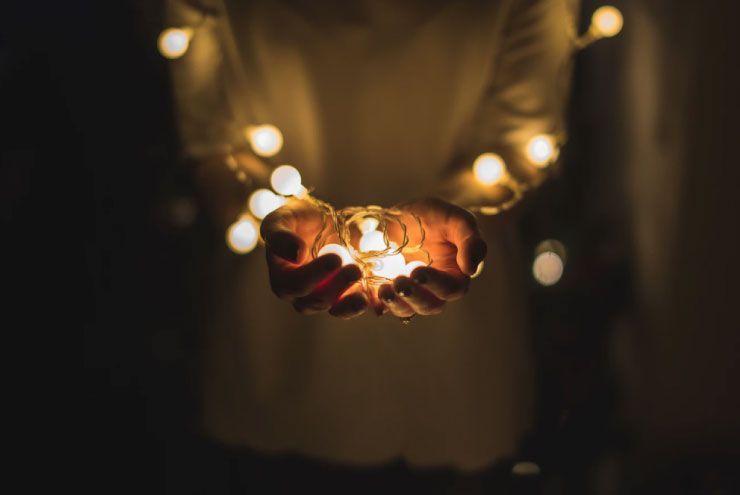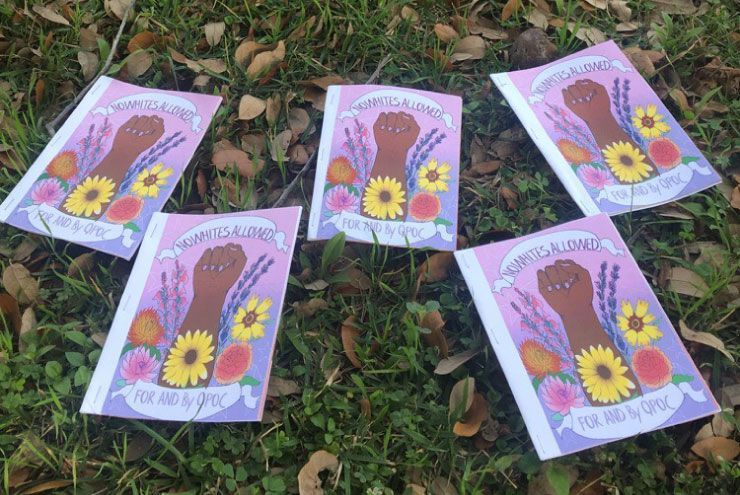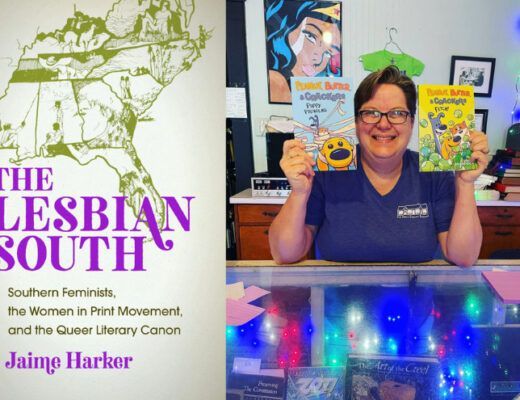By Dr. Laura McGuire
It’s the most wonderful time of the year…or so they say. Packages are wrapped, lights are hung, and holiday songs fill the airwaves. People are making plans to gather together with both their given and chosen families. Whether you celebrate Yule, Hanukkah, Christmas, or Kwanza, this is a time of year that builds many bridges between who we are, where we came from, and where we are going. It’s a season of faith, family, and truth—a combination that can be particularly challenging as a queer person.
Religion has let me down, not once or twice, but time and time again. It has caused me to feel the darkest of human emotions—fear, shame, loneliness, and self-hatred—and has been the opposite of everything it has promoted itself to be. Where religion advertised community, I found isolation. Where it professed love, I found pain. As someone who works in both sexual violence prevention and queer competency, I have met soul after soul who has had their identity weaponized by religious doctrine, survivors who have been blamed and dehumanized for their trauma—all in the name of G-d. How then, can one find peace, especially during this spiritual season? Do we have to rebuke faith to love ourselves? Or is there another path?
For a long time, I disdained the holidays because of the pressure I felt to attend services in religious communities that had hurt me. I would be forced to eat with family members who would loudly voice their opinion on “alternative lifestyles” and “false reporting,” and all the while, I was expected to take their speeches in stride and “keep the peace.”
I felt torn. I loved connecting with the family members who I felt affectionately toward, and I missed the spiritual warmth of a time when I had more trust in religion. Yet, I could not seem to reconcile the two. I needed to separate what people had tarnished for the sake of their own agendas and to reclaim that which was true to my conscious and spirit. I needed to reclaim G-d.
No matter what the media or your relatives may tell you, G-d is not a gendered concept—not for most of human history, at least. Female images of G-d pre-date male ones. Even in more recent religious history, we see that certain Christian sects in the early church acknowledged multiple genders in the divine. The Gnostics called the female side of G-d “Sofia.” In Jewish Kabbalah, the female side of G-d is called Shekhinah. The debate around G-d being a strictly male or female entity is rather new to human history. Many non-Abrahamic religions see G-d as beyond gender—in fact, you could say G-d is non-binary or gender-fluid. Seeing the divine as something beyond what humans have molded to fit their political and social agendas gave me a path to reacquainting myself with my higher power.
There is a myth that queer people hate the holidays and religion, that we dread being with family or going to a church, temple, mosque, or synagogue. While everyone has their personal preferences, on a whole, I would say this is untrue. Many queer people miss feeling safe with their families and faith communities, and they crave spaces where they can blend who they are with their beliefs, without having to compromise or apologize.
I have made this peace within myself and it feels like the most beautiful melding of truth and authenticity. This holiday season, consider meeting your G-d for the first time as your true self. G-d is not owned by religion and faith and is not constricted by people’s opinions. Whatever holiday you choose to celebrate and call dear is yours and G-d’s alone. Bigotry be damned!
Additional reading:
https://www.brooklynmuseum.org/eascfa/dinner_party/place_settings/sophia
https://www.chabad.org/library/article_cdo/aid/2438527/jewish/The-Shechina.htm







